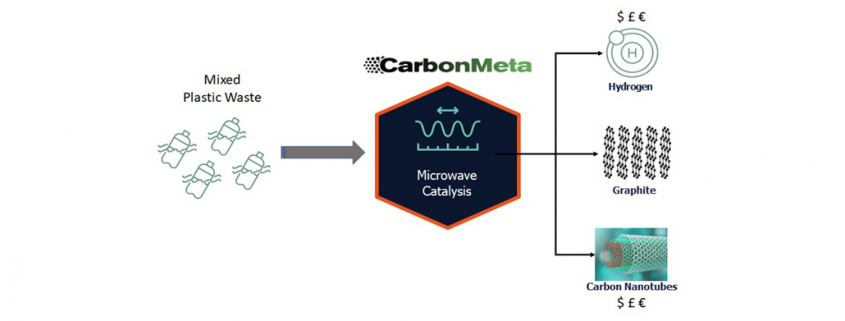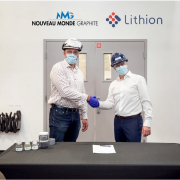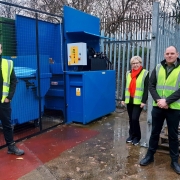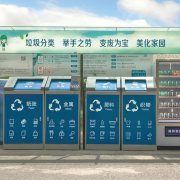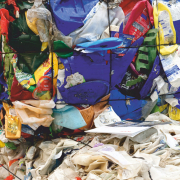UK: Breakthrough Regarding “Plastics Waste to Hydrogen“
Academics from the Universities of Oxford and Cardiff are working with CarbonMeta Research Ltd. to turn plastic waste into clean hydrogen fuel and carbon nanomaterials.
End of June, USA-based CarbonMeta Technologies Inc., a resource reclamation company that will process organic wastes, has announced that its British subsidiary, CarbonMeta Research Ltd., is commercializing a breakthrough technology named “microwave catalysis”. The processing method stems from the University of Oxford. Now the firm is making plans to “process waste plastic at scale in custom-designed microwave machines, which will yield high-value products for the industry”.
As reported, one metric ton of plastic mixed with 200 kilograms of iron powder catalyst can selectively produce enough hydrogen to heat approximately 200 homes and can yield 900 kilograms of graphite and carbon nanotubes, which can be used to build battery technology for powering electric vehicles. “Transforming one ton of plastic using the technology can on average take two hours, with the material reaching temperatures of up to 600 degrees Celsius,” the North American company informed.
Forging commercial partnerships
The company is building commercial partnerships to up-scale this technology, including global multi-energy providers in Europe. Its latest initiative is an assessment project in Spain, which will analyze how different combinations of mixed plastics waste perform in the new process, and how to generate the most substantial yields.
According to CarbonMeta Technologies, the company’s mission is “to ‘upcycle‘ plastic and construction waste to help address the world‘s burgeoning pollution and climate crises”. Its technology would support “the transition to two major sources of sustainable energy – hydrogen for transport or to heat homes and batteries for electric vehicles”.
The firm intends to develop a global reach predominantly based on this British innovation. As emphasized, Oxford Professor Peter Edwards, who is also a Fellow of the Royal Society, is the brains behind the process, having conducted over two decades of research in environmentally-focused chemistry. His other work includes using carbon dioxide to create aviation fuel and extracting green hydrogen from fossil fuels.
“The results of the European project will be published in the autumn of 2022, with further commercial partnerships expected to follow with global energy firms who could benefit from the technology,” CarbonMeta Technologies announced.
www.carbonmetatech.com
www.carbonmetaresearch.co.uk
(Published in GLOBAL RECYCLING Magazine 3/2022, Page 12, Source: CarbonMeta Technologies, Inc.)

